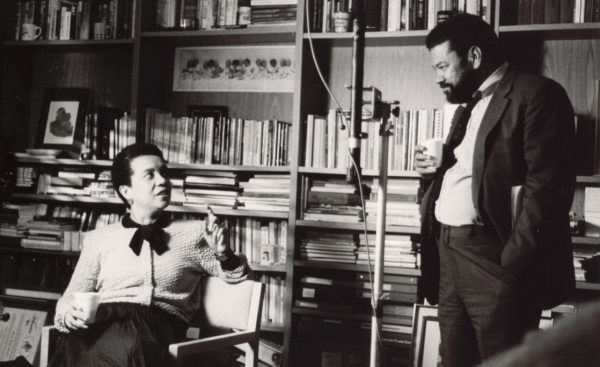

Guest editors (in alphabetical order):
Luca Antoniazzi, Daniela Currò, Simone Venturini
Proposals due: May 5, 2024
Final manuscripts due: November 30, 2024
The Moving Image, the peer reviewed journal of the Association of Moving Image Archivists, invites submissions for possible inclusion in a special issue on film heritage and environmental sustainability. Despite its conceptual malleability, sustainability is increasingly taken as a key concept in assessing good practice in collection stewardship and long-term viability of digital preservation. In some parts of the world, sustainability is also an increasingly relevant preoccupation of public funding bodies and private donors. Despite notable exceptions, sustainability has not been explored enough in the context of film archival studies and its potential is not yet fully developed.
The overall objective of this special issue is threefold: (1) to shed light on the environmental impact of the film archival sector; (2) to assess whether, in the face of the climate crisis, film policies, archival and programming/exhibition practices, infrastructures, and technologies are transitioning towards environmentally sustainable stewardship; (3) to sketch out lessons learned and best practices that might be applied to different institutional and geo-political contexts.
We welcome contributions from a diverse range of research traditions, including film heritage studies, the humanities, cultural production, cultural policy, media infrastructure studies, and information science. We also welcome contributions from practitioners, cultural managers, policymakers, and the film archival community at large.
Potential topics include:
Types of Submissions:
Submission guidelines
Please send initial proposals and final submissions to special issue co-editors Luca Antoniazzi, Daniela Currò, Simone Venturini at sustainability.tmi@gmail.com.
Proposals must be submitted by May 5, 2024 for initial consideration and should include: (1) a 250-word abstract, (2) four key words, (3) a 100-word bio of the author(s), (4) the type of paper you would like to write (e.g. feature article). Proposal review will be completed by May 31, 2024. For any questions regarding this CFP, please contact the co-editors prior to the proposal submission deadline.
Completed manuscripts will be due for editorial review by November 30, 2024. All manuscripts should be submitted as a Microsoft Word email attachment, double-spaced throughout, using 12-point type with 1 -inch margins, following the 17th edition of the Chicago Manual of Style.